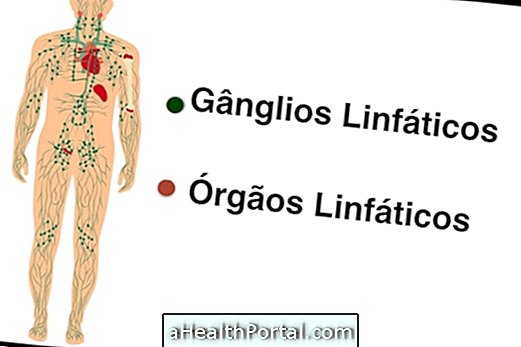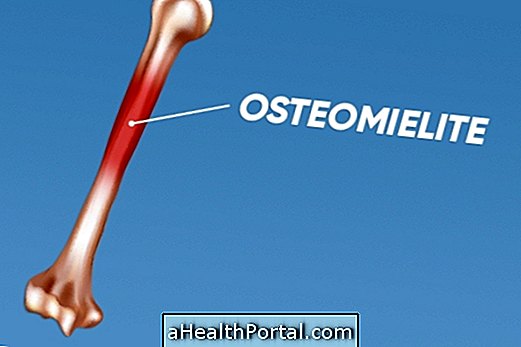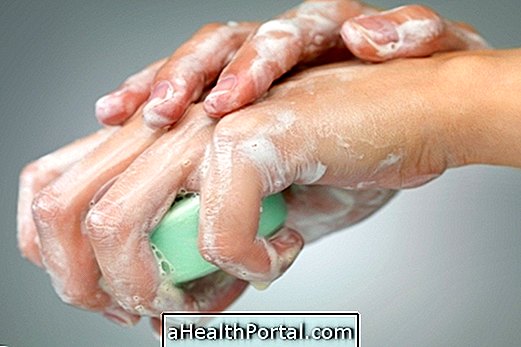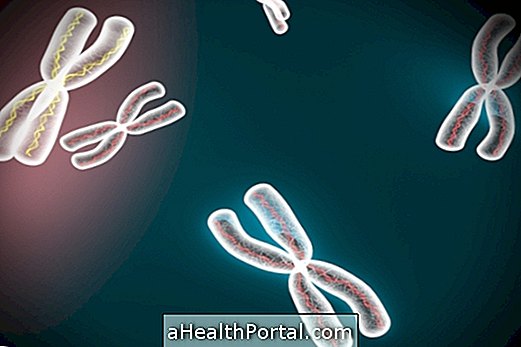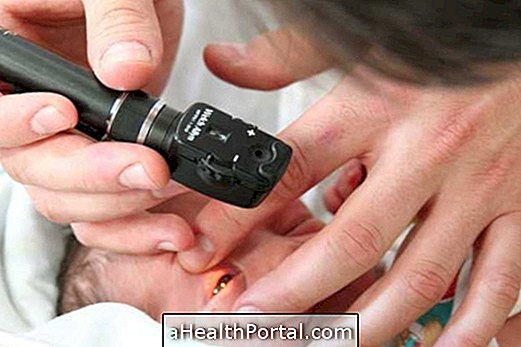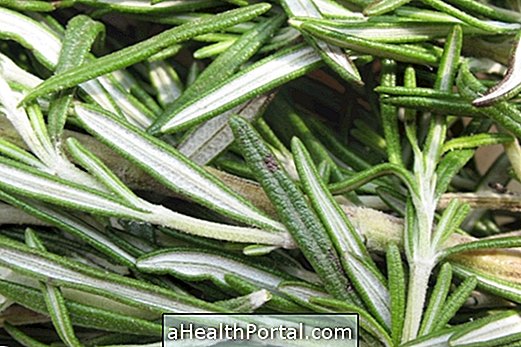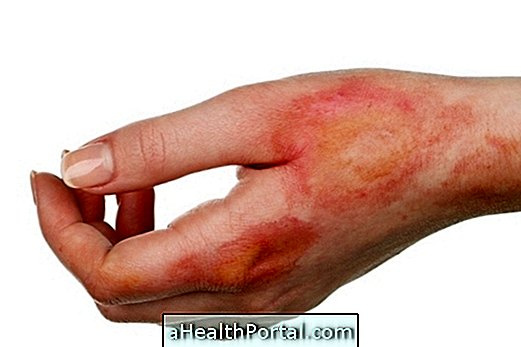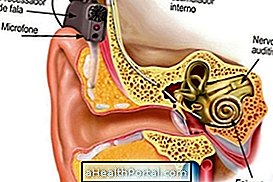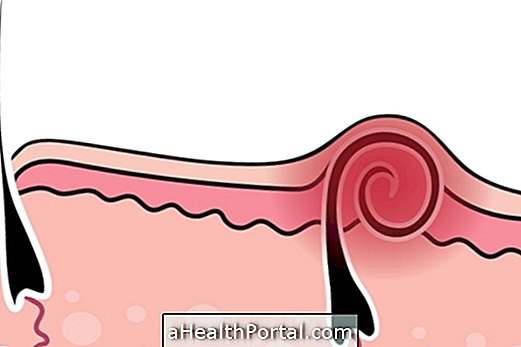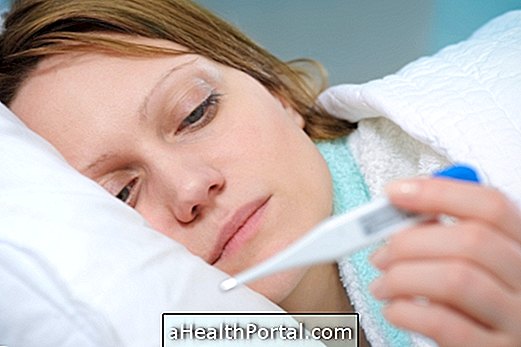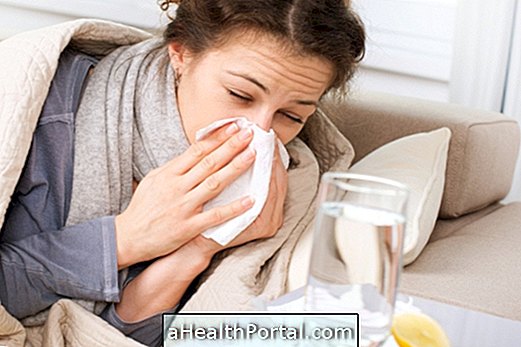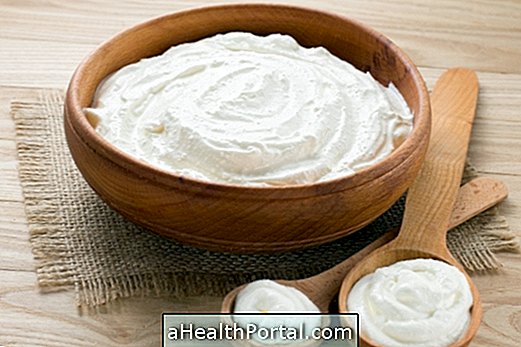Foot-and-mouth disease in humans is a rare infectious disease caused by a virus that is very contagious and causes lesions on the skin, mouth and between the fingers. This disease is more common in rural areas and children, the elderly and individuals with low immunity are the most susceptible to infection.
The transmission of foot-and-mouth disease in humans is by direct contact with an animal infected with the virus that causes the disease. Intake of unpasteurized milk, consumption of meat from a contaminated animal, and contact with secretions such as milk, semen, catarrh or sneezing can transmit foot-and-mouth disease to humans. Rarely does the disease pass from person to person.
Foot-and-mouth disease in humans is curable and, when properly treated, poses no serious risk to the health of the individual.
Symptoms of foot-and-mouth disease in humans
Some symptoms of foot-and-mouth disease in humans appear about 5 days after contact with the virus and can be:
- Inflammation of the mouth;
- Injuries, such as cold sores, in the mouth;
- Wounds on the skin between the fingers;
- High fever;
- Muscle aches;
- Headache;
- Excessive thirst.
The symptoms of foot-and-mouth disease usually decrease after 3 or 5 days. However, in more advanced cases, the infection can lead to other problems and reach the throat and lungs, causing serious complications and even death.
The diagnosis of foot-and-mouth disease is made through physical examination, evaluation of the lesions in the mouth and by blood test to detect the presence of infection.
Treatment of foot-and-mouth disease in humans
The treatment of foot-and-mouth disease in humans is not specific and is based on the consumption of analgesic remedies, such as Dipirone, or corticosteroids, such as Prednisolone, in cases of severe inflammation of the throat or lungs.
Cleansing the skin sores and canker sores of the mouth is very important to improve the lesions and accelerate their healing, ingesting many fluids and resting is important for the treatment of the disease.
The prevention of foot-and-mouth disease in humans is done by avoiding contact with infected animals, taking unpasteurized milk and contaminated meat. If there is a suspicion of an outbreak of foot-and-mouth disease in animals close to the individual's place of work or home, the slaughter of the animals is recommended.
Useful links:
- Treatment for foot-and-mouth disease
- Transmission of foot-and-mouth disease

